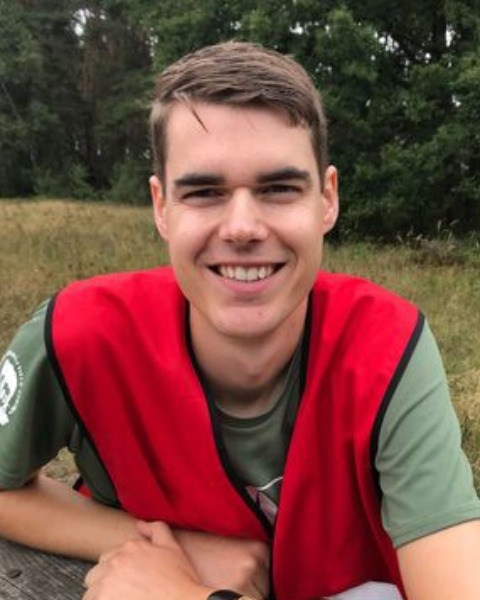Vector Surveillance and Resistance Monitoring
Vector Surveillance and Resistance Monitoring
170 - Decoding mosquito diversity in the Caribbean - insights from a ‘Snapshot Survey’ on Aruba, Bonaire and Curaçao
Wednesday, March 5, 2025
2:15 PM - 2:25 PM AST
Location: 208 A
Abstract: Jordy van der Beek, Pepijn Helleman, Roel Wouters, Francis Schaffner, Maarten Schrama, Arjan Stroo, Jelle Davelez, Luis Chong, Gisette Seferina, Joey van Slobbe, Odette Doest, Erik Houtepen Gian Nunes, Jilly Sarpong, Natasha Silva, Koos Biesmeijer, Marieta Braks
The Caribbean islands are a major hub for international travel, with millions of travelers passing through each year. This high volume of movement increases the risk of introducing pathogens to local mosquito populations, yet fundamental information on mosquito diversity is lacking for many of the Caribbean islands. The absence of species distribution data and a fundamental understanding of mosquito ecology hampers risk assessment and poses challenges for vector control, especially for non-urban species.
To address this knowledge gap for the Dutch Caribbean, we conducted a four-week snapshot survey on the islands of Aruba, Curaçao, and Bonaire. Our team included researchers from several Dutch institutes, local vector control units, and representatives of the local Natural Park authorities. Together, we collected almost 400 adult and larval samples across the three islands.
This effort resulted in the doubling of the known mosquito species for these islands, including novel records of vectors previously unrecorded, such as the malaria vector Anopheles aquasalis and the arbovirus vector Aedes scapularis. The newly obtained data allowed us to revise the taxonomy of previously recorded species and construct identification keys (both taxonomical and photographic) for all life stages.
Using the new distribution data, we created high-resolution (10x10m) ecological niche models to assess mosquito distribution patterns and link these to environmental preferences. DNA sequences were employed in phylogenetic and haplotype network analyses to understand the variation in mosquito population genetics and the connectivity between the islands.
The Caribbean islands are a major hub for international travel, with millions of travelers passing through each year. This high volume of movement increases the risk of introducing pathogens to local mosquito populations, yet fundamental information on mosquito diversity is lacking for many of the Caribbean islands. The absence of species distribution data and a fundamental understanding of mosquito ecology hampers risk assessment and poses challenges for vector control, especially for non-urban species.
To address this knowledge gap for the Dutch Caribbean, we conducted a four-week snapshot survey on the islands of Aruba, Curaçao, and Bonaire. Our team included researchers from several Dutch institutes, local vector control units, and representatives of the local Natural Park authorities. Together, we collected almost 400 adult and larval samples across the three islands.
This effort resulted in the doubling of the known mosquito species for these islands, including novel records of vectors previously unrecorded, such as the malaria vector Anopheles aquasalis and the arbovirus vector Aedes scapularis. The newly obtained data allowed us to revise the taxonomy of previously recorded species and construct identification keys (both taxonomical and photographic) for all life stages.
Using the new distribution data, we created high-resolution (10x10m) ecological niche models to assess mosquito distribution patterns and link these to environmental preferences. DNA sequences were employed in phylogenetic and haplotype network analyses to understand the variation in mosquito population genetics and the connectivity between the islands.

Jordy van der Beek, MSc (he/him/his)
PhD Candidate
Naturalis Biodiversity Center, Zuid-Holland, Netherlands

